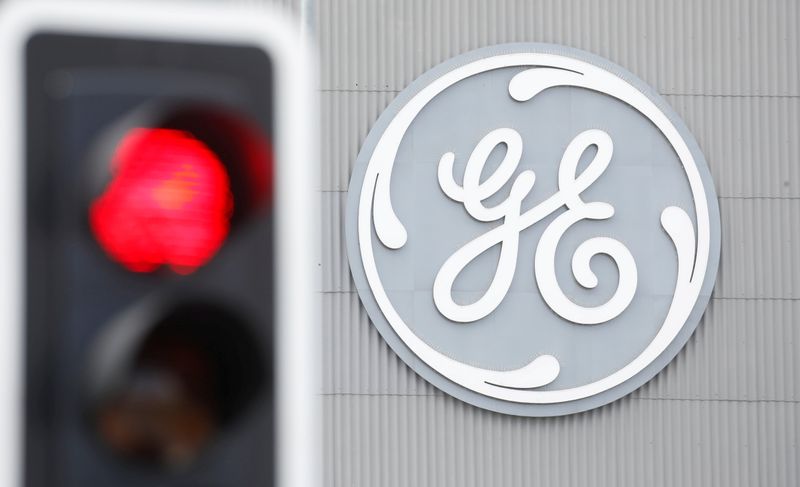This post was originally published on this site
https://i-invdn-com.akamaized.net/trkd-images/LYNXMPEG1E0HT_L.jpg
By Karen Freifeld and Alexandra Alper
(Reuters) – The U.S. government is considering whether to stop General Electric Co (N:) from continuing to supply engines for a new Chinese passenger jet, according to people familiar with the matter, casting uncertainty over China’s efforts to enter the civil aviation market.
For years, the United States has supported American companies’ business with China’s budding civil aviation industry.
The U.S. government has provided licenses that allow those companies to sell engines, flight control systems and other components for China’s first large commercial aircraft, the COMAC C919. The narrow-body jet has already engaged in test flights and is expected to go into service next year. COMAC is an acronym for Commercial Aircraft Corp of China Ltd.
But the Trump administration is weighing whether to deny GE’s latest license request to provide the CFM LEAP-1C engine for the C919, people familiar with the matter said, though GE has received licenses for the LEAP engines since 2014 and was last granted one in March 2019.
The CFM LEAP engine is a joint venture between GE and France’s Safran (PA:) Aircraft Engines. The proposal to halt the deliveries of the engines was also reported on Saturday by the Wall Street Journal.
The possible new restrictions on sales of aircraft parts would be the latest move in a deepening battle between the United States and China over technological dominance. The issue is expected to come up at an interagency meeting about how strictly to limit exports of U.S. technology to China on Thursday and another meeting with members of President Donald Trump’s Cabinet scheduled for Feb. 28, sources said.
The meeting about technology issues also is set to include a discussion of whether to impose further restrictions on suppliers to Huawei Technologies, the world’s largest telecommunications equipment maker, which is on a U.S. trade blacklist.
A GE representative declined to comment.
However, an industry official said they would like to weigh in on any potential policy shifts.
“If there are any changes, we would hope they would engage with us, as they’ve done before,” said Remy Nathan, vice president for international affairs at the Aerospace Industries Association, a trade group.
Fusion Media or anyone involved with Fusion Media will not accept any liability for loss or damage as a result of reliance on the information including data, quotes, charts and buy/sell signals contained within this website. Please be fully informed regarding the risks and costs associated with trading the financial markets, it is one of the riskiest investment forms possible.

